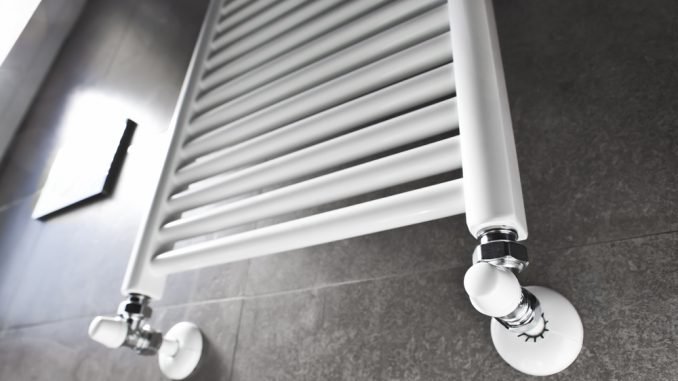
“I think that scrapping of the reduced rate now is an untimely and improper step,” she told reporters in Kaunas.
In the president’s worlds, theoretically, the VAT rate could be increased when global oil prices fall, when the heating season is over and when “a clear mechanism” for compensating low-income households has been worked out.
“We do not have any of these factors: there is no clear compensation mechanism and international prices are on the rise,” she said.
The ruling Lithuanian Peasant and Green Union (LPGU) says that if the reduced rate is scrapped in January, the scope of households eligible to compensation for heating costs will be expanded to include those that use electricity, gas and firewood for individual heating.
Next year’s draft budget does not provide for an extension of the reduced VAT rate on heating, but the Social Democrats’ proposal to keep it in place until June is likely to be submitted to the parliament for consideration on Tuesday.
Those in favor of abandoning the reduced VAT rate say that it is socially unjust because well-to-do people benefit from it as well. Critics say that the raising of the VAT rate might throw municipalities into chaos and that the authorities should take steps to reduce the price of heating, rather than expanding the scope of recipients of compensation payments.

Be the first to comment